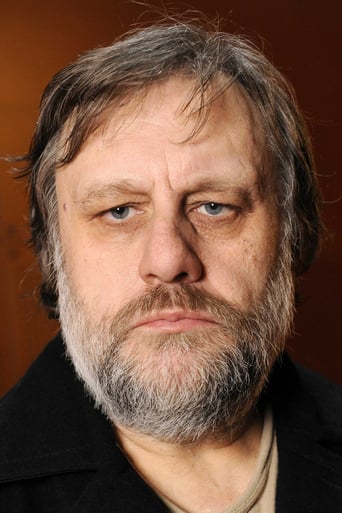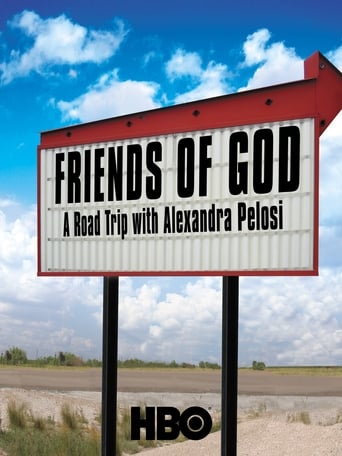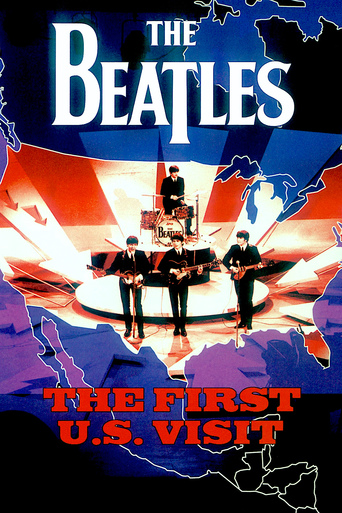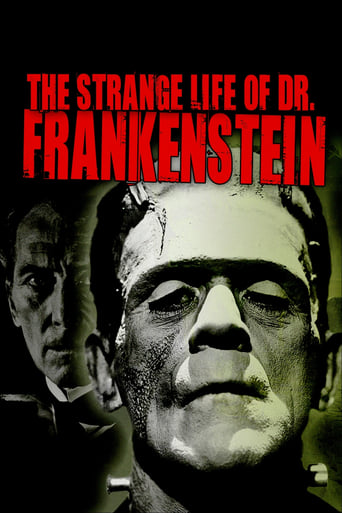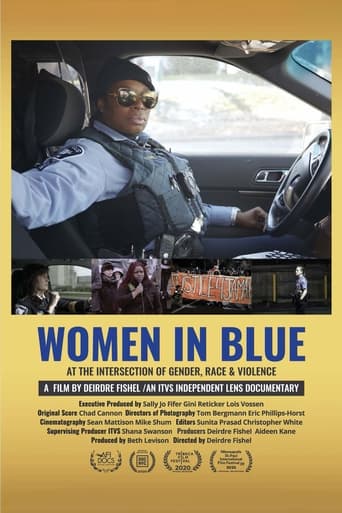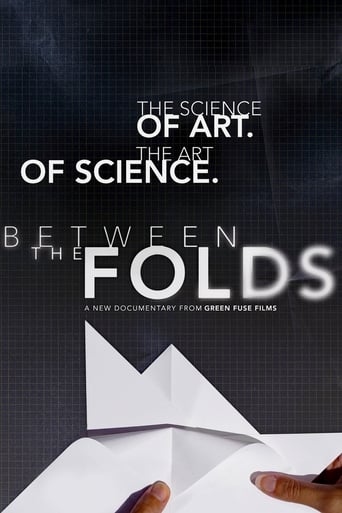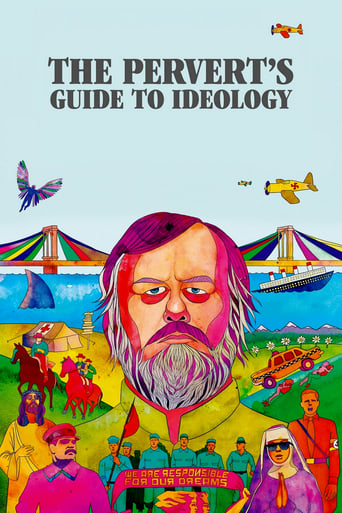

The Pervert's Guide to Ideology (2013)
A journey into the labyrinthine heart of ideology, which shapes and justifies both collective and personal beliefs and practices: with an infectious zeal and voracious appetite for popular culture, Slovenian philosopher and psychoanalyst Slavoj Žižek analyzes several of the most important films in the history of cinema to explain how cinematic narrative helps to reinforce prevailing ethics and political ideas.
Watch Trailer
Cast
Similar titles
Reviews
Too much of everything
Memorable, crazy movie
The thing I enjoyed most about the film is the fact that it doesn't shy away from being a super-sized-cliche;
It is a whirlwind of delight --- attractive actors, stunning couture, spectacular sets and outrageous parties. It's a feast for the eyes. But what really makes this dramedy work is the acting.
Sophie Fiennes' film, 'The Pervert's Guide To Ideology', is essentially just an illustrated lecture, given by Slovenian philosopher Slavoj Zizek. The illustrations come from the movies, but in the main, Zizek isn't interested in the ideologies of the film makers - rather, he uses selections from the films' content as illustrative of the processes of real life, and the ideology he is interested in is not Nazism, or communism, but rather the way we all frame our own lives, and the universal themes linking our need for and use of such frames. Some of this universalist framework comes from psychoanalysis, although Zizek's Freudian perspective only really manifests itself in occasional unproven assertions that the it is the analytic process that has revealed the truth. Finnes shoots this well, and Zivek is intermittently interesting, but overall, the message is both highbrow and yet strangely unrevalatory; I found it hard to understand what I was meant to take away from this film, or in other words, what the film's own ideological case actually was. It's almost better enjoyed as a simple piece of discursive criticism than a coherent (or, for want of a better word, we might say "ideological") discussion of ideology.
For those of you who saw: "The Perverts Guide to Cinema", the first answer you'll want is no, Slavoj Zizek's near-impenetrable accent and lisp has not improved. Occasionally, the film will throw sub- titles on the screen to assist in understanding Zizek's musings on the devotion humans have to various "isms" and how they related to very early (Hitler's "Triumph of the Will") and very recent (Nolan's equally unrealistic "The Dark Knight). Presumably one can turn on the closed captioning feature on their laptop and it would be a great help. Once you get past this communication hurdle you'll hear Zizek cover a fair amount of obvious ground - "The Triumph of the Will", "The Last Temptation of Christ" and "Full Metal Jacket" have clear and unambiguous agendas which their audiences came to see. More Trojan Horse offerings make for more interesting discussions. Kudos to Zizek for leading with and praising the wildly underrated "They Live" John Carpenter's condemnation of modern consumer society. In other cases, say "Titanic" his argument that it contains a coherent agenda seems stretched and in others - particularly Taxi Driver (which is a study of the decent into madness in an insane environment) - his contention of it being an ideological argument seems to miss the mark. In short, not as interesting as his review of the psychoanalytic elements of, particularly Hitchock, movies from the original "Perverts Guide" but of interest to the cinephile.
The hyperactive Slovenian philosopher Zizek uses extracts for movies to show to us how the things we believe in (our ideology) are created by the external society. He goes in the sublime message of several scene's of famous movies. Once again the sound of music is his favorite. The only question that must be raised is the chicken and egg problem. Do these messages make society or do the desires of society make these messages. With advertisements it is of course clear that the message brings the ideology of the maker has to be pushed to us, but with movies we can have more doubt. This is not addressed in this movie. Furthermore I question if movie is the right medium to bring the message of Zizik. I thought in many moments that the images of the movies distracted from the story he was telling, my mind went into the movie, not into Zizek's story. For personal use I recorded the sound and listening to that I was much more able to think about the messages of Zizek.But all in all a worthwhile evening
A superb documentary which takes a sample of Zizek's capitalism critique and delivers it in bite-sized chunks complete with film illustrations and a dash of wit.While less focused than his Pervert's Guide to Cinema, here we see him take the ideas from film and open them out to our social and ideological (obviously) reality. He questions the very nature of ideology (often coming close to utilising the process of deconstruction, something he has rejected previously) and how it filters out reality. The film, one could say, is an attempt to make us aware of our ideological constraints. At times it's hard to know if his point is throwaway witticism or central point, but that is the nature of his writing too.Zizek does look to the future in a positive way, commenting on how OWS and the Arab Spring are examples of society finally looking beyond neo-capitalism (whose ideology is that there is no other ideology), though it would be good to delve further into these examples. But Zizek is aware that solutions are not easy to come by, and finishes more on a question than an answer.This is a strong documentary that occasionally lags but for the most part is engaging and provocative.
